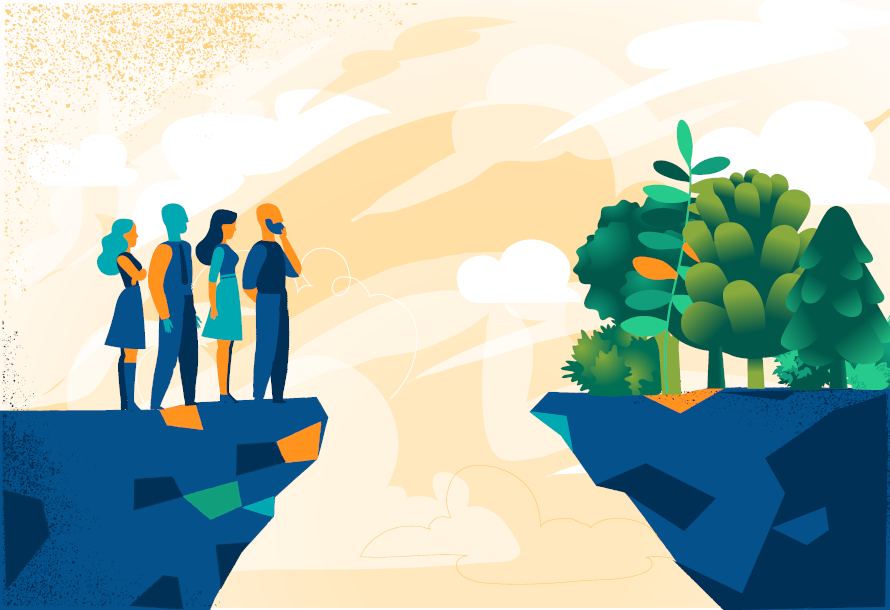Effective Altruism
Altruism seems like the right place to start. And this will be but one view of altruism as seen from 30,000 feet above. To give with abandonment, to care beyond what is reasonably expected, to fulfill the needs of another for reasons and motivations that are not immediately clear: instead of defining the word, for now it is suitable to understand altruism as a beneficent means to a charitable end. And in the case of effective altruism (EA), we are additionally concerned with evaluating these means and ends to measure and quantify impact.
I just finished reading (rather, listening to the audio version of) William MacAskill's excellent book on the subject, Doing Good Better. In it he argues that one formula for achieving EA rests in our ability to understand five questions. Going forward, the Fugue Foundation will have these thoughts at the forefront of our minds as we shape the organization and find our voice.

How many people benefit and by how much?
By thinking concretely about how one action, as opposed to a different action, will improve people's lives. Time, money, and resources are often zero sum - one project gets them at the expense of another - and so the goal is to not squander these resources on activities that don't make people better off.
Is this the most effective thing you can do?
Focus on the best, not just the good. Here we begin to open the debate as to what separates the best from the good, something that the Fugue Foundation platform seeks to address.
Is this area neglected?
By honing in on areas that receive comparatively little attention, as opposed to subjects that are consistently funded by, for example, government budgets, we are able to find altruistic opportunities to make a real difference.
What would have happened otherwise?
Here we enter deeper into the hypothetical pool, but it is safe to say that sometimes if we are not the ones to fulfill a need, somebody else will do it. The trick is to find those subjects where comparatively little would have been accomplished otherwise without our help.
What are the chances of success, and how good would success be?
This is about thinking correctly about uncertainty and balancing out the risk to reward ratio.
For contrast, here are the questions proposed by Give Well that donors should ask before giving:
- What does this charity do?
- How cost effective is each program area?
- How robust is the evidence behind each program?
- How well is each program implemented?
- Does the charity need additional funds?
